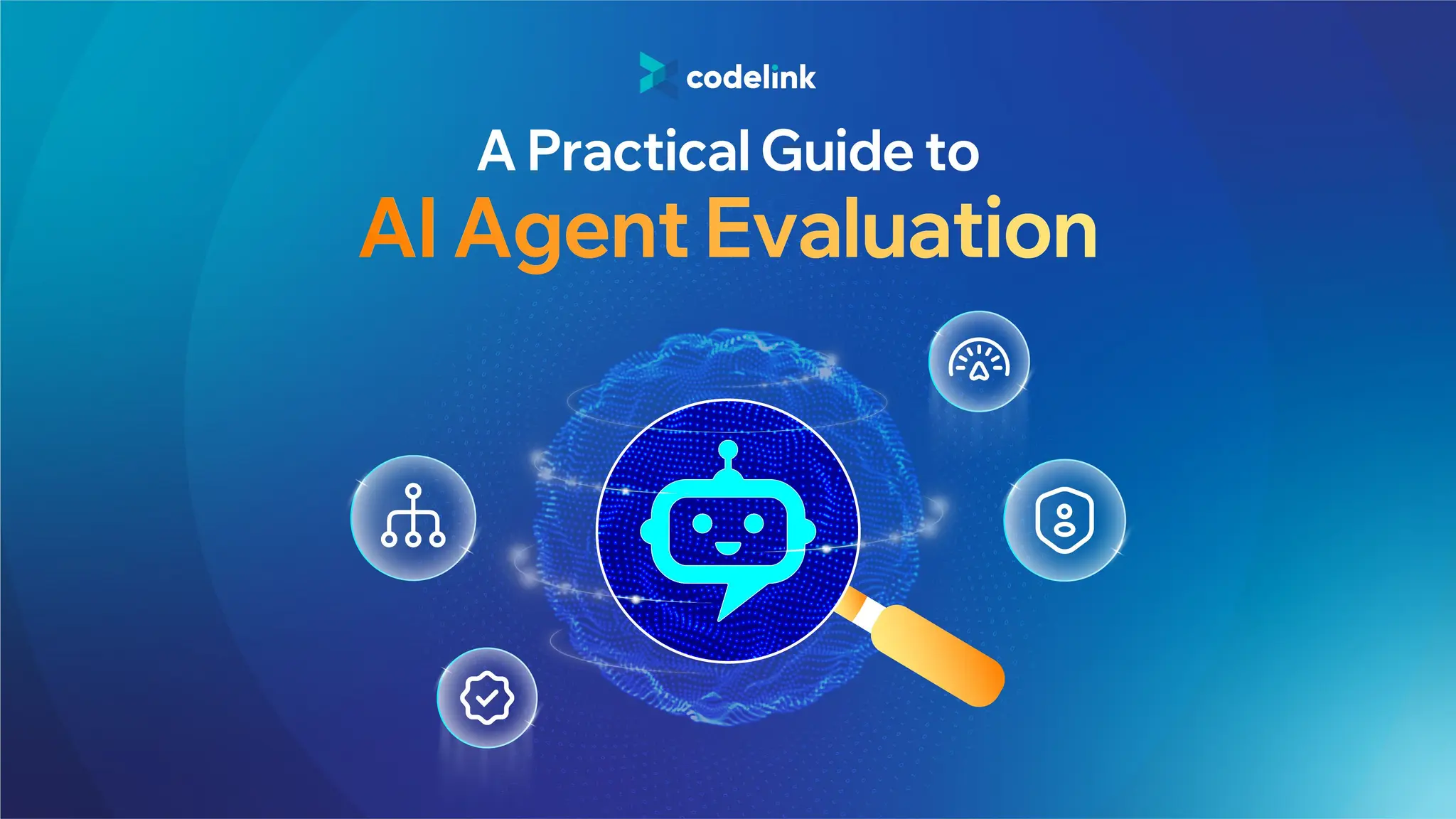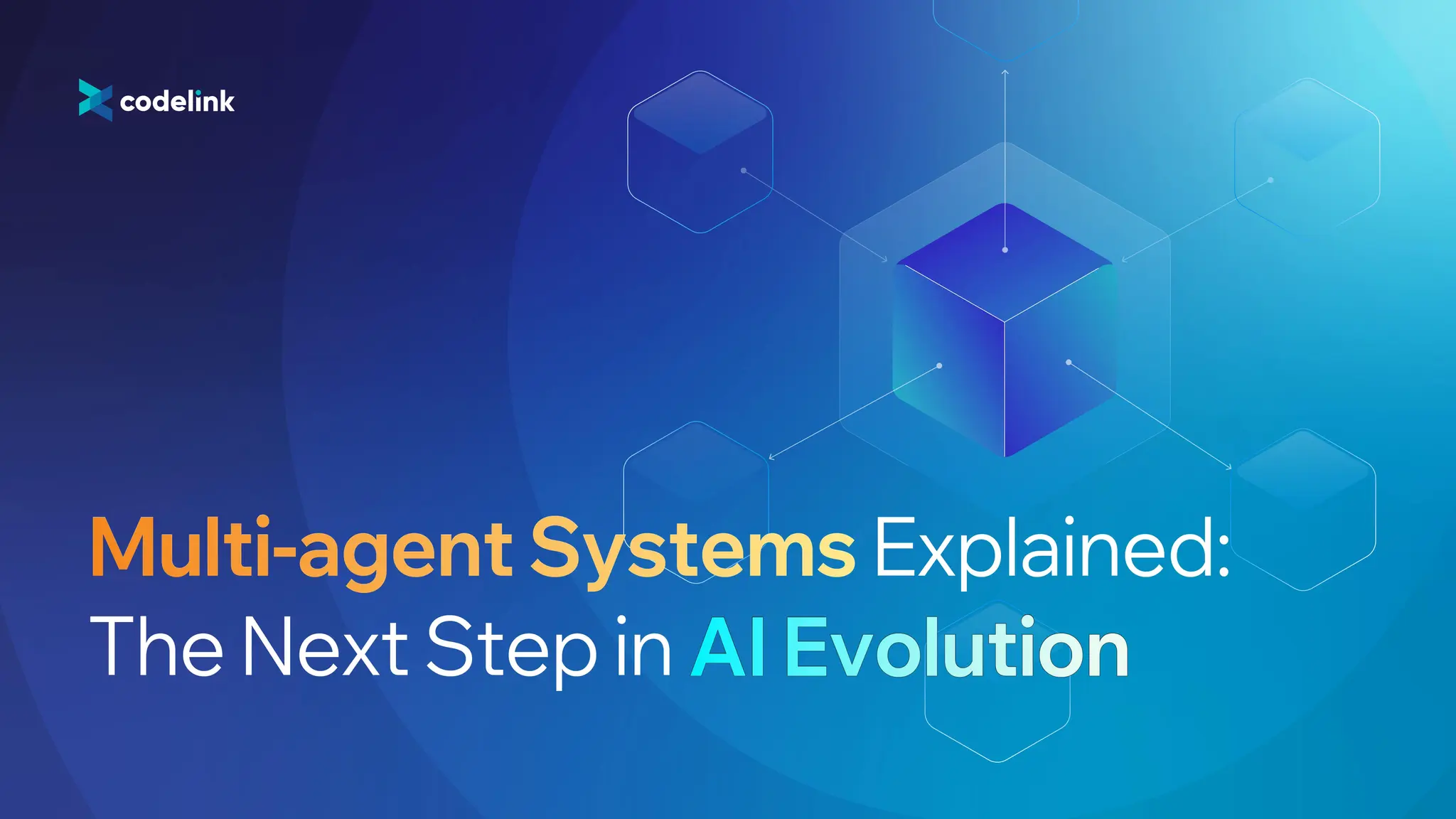Hiring AI & ML Engineers: What Skills Actually Matter in Real‑World AI Development?
Curious what sets a top-tier AI & ML Engineer? It involves more than evaluating resumes or checking for framework fluency. This guide outlines the four essential skills every AI & ML Engineer needs to thrive in real-world projects.

The hype around AI talent is real, but what makes an AI/ML engineer valuable in real-world applications?
As organizations race to adopt AI, the demand for skilled engineers has never been higher. Yet many hiring decisions still hinge on academic credentials or resumes packed with trendy frameworks and buzzwords. The result? Teams that may understand AI in theory but struggle to deliver in production.
This article cuts through the noise. Based on hands-on experience from our AI engineering team, we outline the 4 essential skills for developing effective real-world AI products.
1. Developing An “AI Mindset”
What it means:
AI engineering isn’t just about writing code or training models; it’s about thinking like an AI practitioner. That means understanding how models behave in the real world, where ambiguity, trade-offs, and iteration are the norm. Then, rapidly spot where AI can add value and ideate testable solutions.
It also means proactively anticipating inefficiencies and new challenges, then matching each to the best AI solution as the project progresses.
What it looks like:
- Ask the right questions before coding: "Is AI truly the answer?” and “Which AI technique fits this challenge?”
- Think in probabilities, not certainties: AI models often return the most likely answer, not the correct one.
- Know when to use traditional rules vs. machine learning, since not every problem needs a model.
- Optimize across multiple constraints: accuracy, latency, cost, user experience, data quality, and feedback loops.
Why it matters:
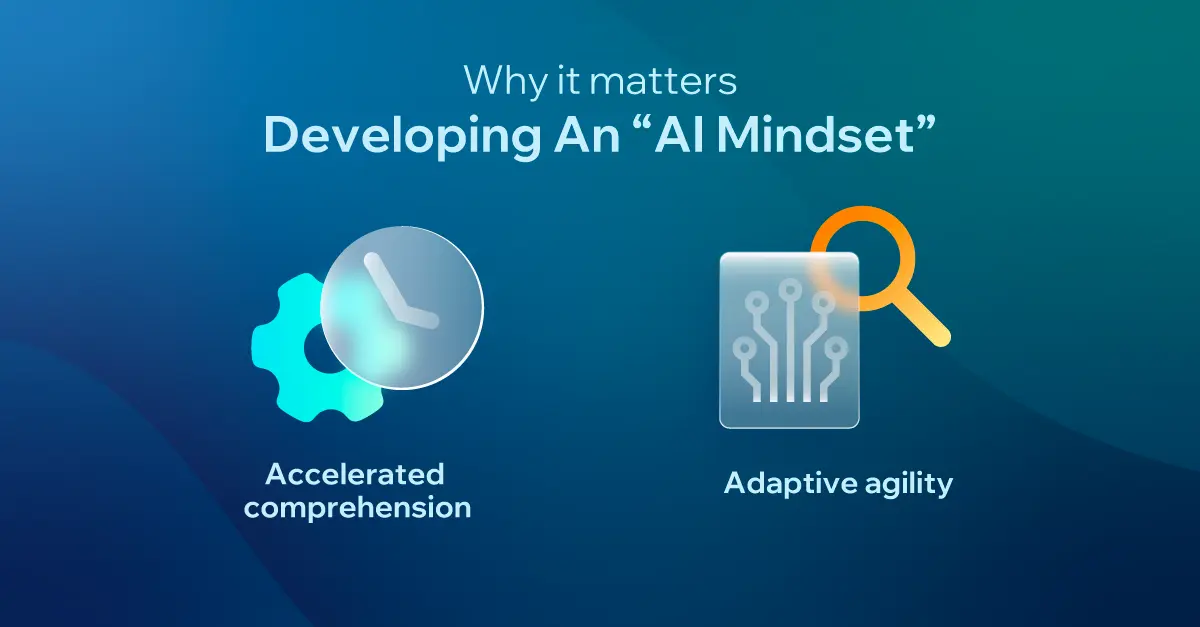
- Accelerated comprehension: Reduce time and effort to understand and find solutions for real-world scenarios.
- Adaptive agility: As new obstacles surface (e.g., data quality issues, evolving requirements), an AI‑centric problem‑finding mindset enables quick pivots and refinements.
2. Mastery of the Modern AI Stack
What it means:
Gone are the days when a single open‑source library and a GPU sufficed. Today’s AI engineers need hands‑on experience with proven frameworks.
For example:
- LLMs (Large Language Models): Fine-tuning and prompt engineering to enhance model performance for specific tasks.
- Vector Databases: Power semantic search and RAG pipelines using tools like FAISS, Pinecone, Qdrant, or Weaviate to enable efficient information retrieval and integration with generation models.
- Agentic Frameworks: Create autonomous, multi-step workflows with MCP, A2A, LangChain, CrewAI, or OpenAgents to enable complex decision-making tasks.
- Orchestration frameworks: Scale and manage pipelines using Kubeflow, Ray, or similar tools to ensure smooth operation across multiple components and environments.
Why it matters:
- Stand on the shoulders of giants: You're leveraging years of research, tooling, and infrastructure from top AI labs. Don't start from scratch or reinvent the wheel. Instead, build faster and smarter by using what's already proven.
- Seamless integration: Real‑world systems require models to interact with APIs, databases, dashboards, and more. Modern stacks enable smooth end-to-end integration.
- Future-proofing: As Google’s “Hidden Technical Debt in Machine Learning Systems” reveals, production ML brings hidden complexities. Modern stacks reduce technical debt and keep the systems ready to evolve with the next wave of innovation.
3. AI Safety and Security Awareness
What it means:
AI safety isn’t a nice-to-have; it’s a foundational requirement. It includes data privacy, adversarial robustness, bias mitigation, and the secure deployment of models. Engineers must embed guardrails at every phase, from dataset design to model inference.
Why it matters:
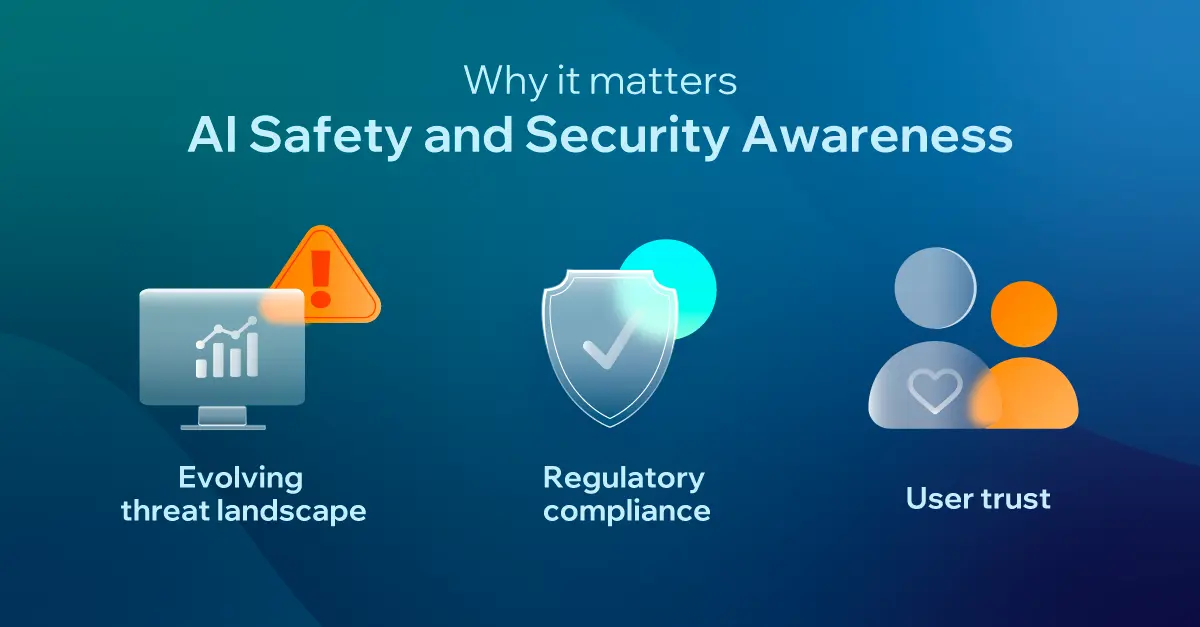
- Evolving threat landscape: As AI adoption surges, so do novel attack vectors (e.g., prompt‑injection, model inversion). Unprepared teams risk data leaks or manipulated outputs.
- Regulatory compliance: Privacy laws and emerging AI‑specific regulations (e.g., GDPR, AI Act, Gen AI OWASP) demand rigorous controls; non‑compliance can lead to fines and reputational damage.
- User trust: Transparent and secure systems build credibility, which is a must for applications in healthcare and finance.
4. Mastery of Solid Engineering Fundamentals
What it means:
According to the 2023 Data Science Survey by Rexer Analytics, only 32% of machine‑learning deployments successfully transition from pilot to production, with missing engineering fundamentals as a major failure point.
Beyond cutting‑edge tools lies the bedrock of software engineering. AI engineers must master model architectures (CNNs, transformers, xgboost, decision forests), performance trade‑offs (accuracy vs. inference speed or precision vs recall, …), the nuts and bolts of productionization (containerization, CI/CD, auto‑scaling), and observability.
Why it matters:
- Reliable operations: Rock-solid deployments minimize downtime, control costs, and ensure consistent performance under load.
- Cost-effective scaling: Efficient pipelines and infrastructure choices slash cloud spend and enable seamless growth.
- Team velocity: Clear architecture, APIs, and built-in observability let teams easily onboard, iterate, and troubleshoot AI services.
Bringing It All Together
Hiring AI talent means more than evaluating resumes or checking for framework fluency. It’s about finding engineers who:
- Frame problems through an AI lens into practical, value-driven proposals.
- Navigate the modern AI stack with confidence and precision.
- Embed safety and security into every layer of the solution.
- Build on strong fundamentals for serving and deploying AI applications smoothly.
But here’s the challenge: AI talent is scarce. According to Bain & Company, AI-related job postings have grown 21% annually since 2019, yet the talent pipeline hasn’t caught up. Nearly half (44%) of executives cite a lack of in-house expertise as a major barrier to AI adoption.
At CodeLink, our AI engineers embody these 4 pillars. Whether you’re launching your first AI pilot or managing AI at scale, we can help solve what matters most.
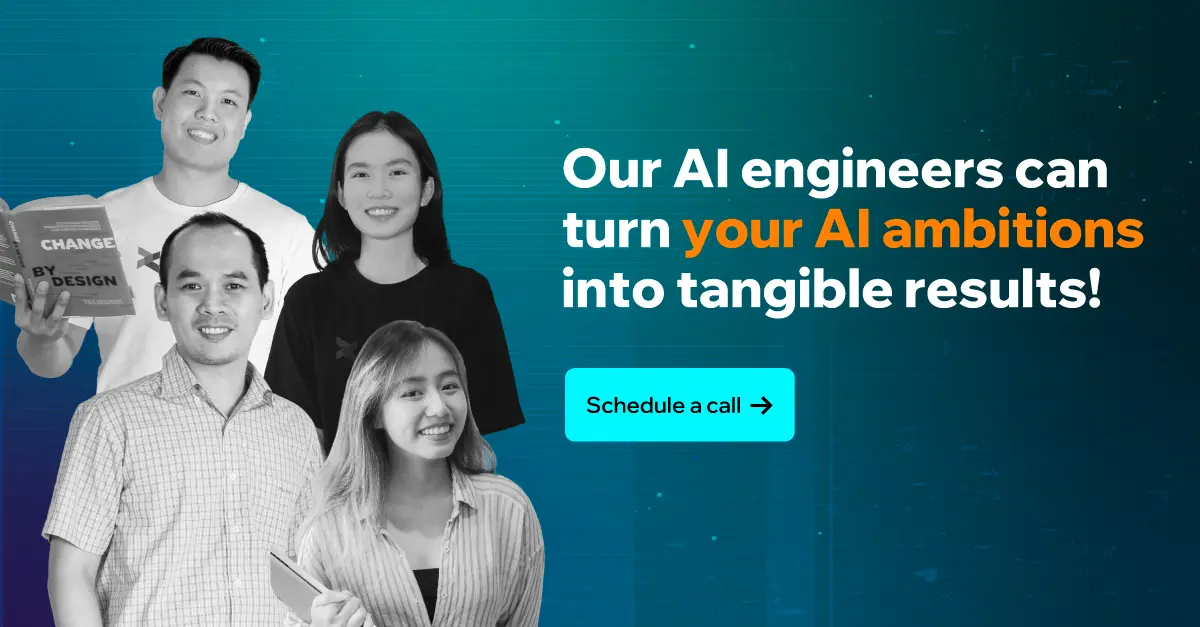
Let’s discuss how we can turn your AI ambitions into real-world results.

Phong Nguyen
Technical Lead
Phong is a Technical Lead with over ten years of experience, including seven years dedicated to developing scalable AI systems. He specializes in Large Language Models (LLM), Natural Language Processing (NLP), and Computer Vision (CV), bridging technical complexities with strategy to drive impactful, data-driven solutions.

